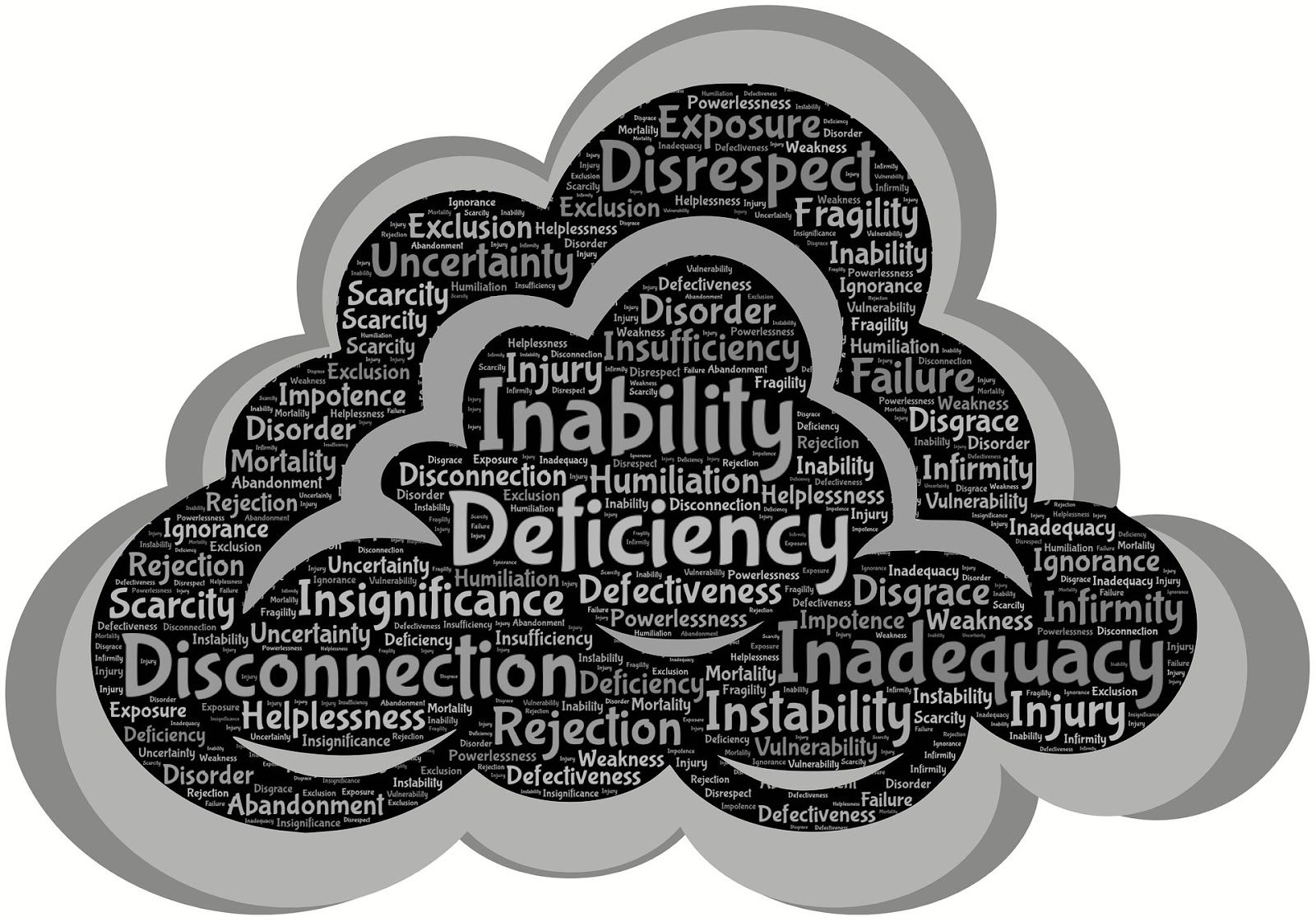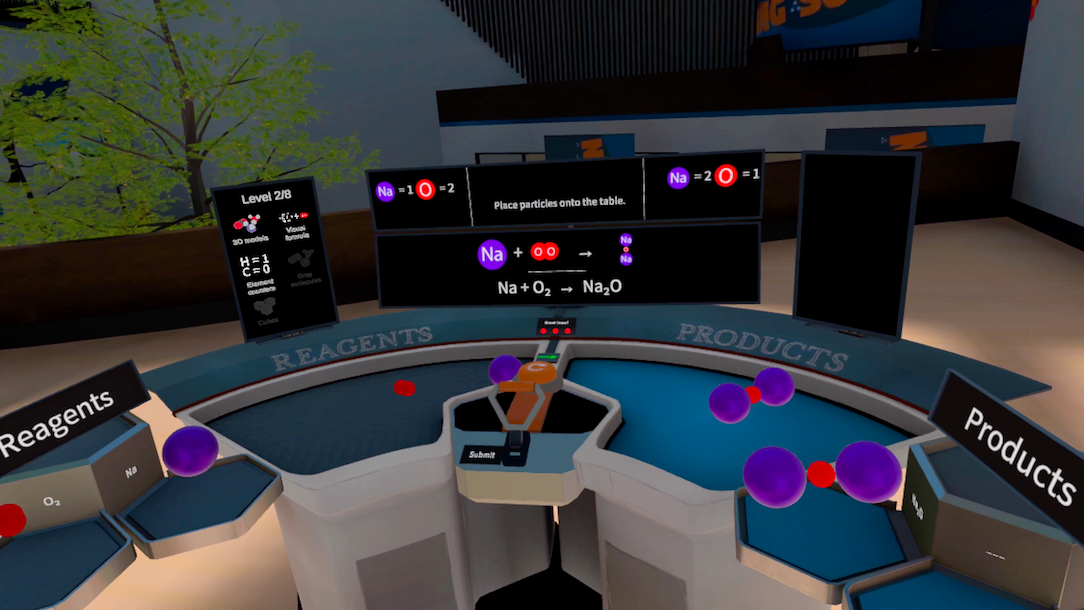Homeschool Chemistry doesn’t need to be so intimidating for parents or students.
Why is Homeschool Chemistry Such a Struggle?
If teaching homeschool chemistry is becoming a nightmare, rest assured that you are not alone in your pain. Homeschooling parents often struggle to teach secondary-level sciences to even the brightest learners. Many parents become intimidated by the idea of teaching middle or high school chemistry, biology, and physics when they are still on the distant horizon.
Thinking “How am I going to homeschool subjects like chemistry?” is a common fear. The most important thing to remind yourself is that your concern is a sign that you’re already doing a great job. Many homeschool families have faced these same problems and come out on the other side.
We’ve created a list of clear, actionable tips to make homeschool chemistry a bit more painless for everyone. Maybe you are in the throes of a high school chemistry struggle already. Maybe you’re still teaching elementary-level sciences and simply planning for the future. Whatever situation you're in, these tips can smooth out some of the inevitable bumps in the road.
Before we decide how to tackle homeschool chemistry, we need to look at why it scares you in the first place. This self-reflection will help you refine your teaching approach.

3 Reasons Why Homeschool Chemistry May Seem So Hard
- How long has it been since you took chemistry? If it’s been more than a dozen years since you took a chemistry class, you probably don’t remember a bit of that content. You likely have no chemistry experience at your current job. This leaves you with the same lack of knowledge as your student. If you can’t recall a bit of your own distant class, how will you be able to teach homeschool chemistry to your child?
- Is it possible that you had a bad experience in chemistry? Think about your chemistry class memories. Did you end up with a failing grade? Did you have an unforgiving teacher? Your negative memories of chemistry could be getting in your way. They can distort your mental picture of what homeschool chemistry will look like for your family. Understand that if your experience was bad, that cycle is not destined to repeat itself. It doesn’t mean your child’s destined to also have a bad experience.
- Is your student a math struggler? Are you a math struggler? Math is an essential part of chemistry success. If your student is weak in math, you may be hesitant to introduce a new math concept.
An Overview: What Do You Learn in Chemistry and Why is Chemistry Important?

Homeschool chemistry can begin in middle school, or earlier. Curriculum should introduce students to basic metric units, measurement, observation, and scientific methods. These kinds of introductory topics are introduced in the late elementary or early middle school years. They are usually exposed to these things in their general science courses, and more difficult chemistry topics come in late middle school, and more often high school.
What’s the basic content that should be included in a middle or high school homeschool chemistry curriculum? Comprehensive chemistry classes cover a multitude of topics including (but not necessarily limited to):
- Math Basics including Algebraic Concepts
- Atoms, Molecules, and Moles
- Stoichiometry (chemical conversions and equations)
- States of Matter
- Chemical Reactions
- Periodic Table and Periodic Trends
- Solutions
- Gases
- Acids and Bases
- Thermochemistry and Physical Chem
- Kinetics
- Electronic and Atomic Structure
- Nuclear Chemistry (radiation and radioactive materials)
This feels like a lot of information to cover. Could you just skip homeschool chemistry altogether and call it a day? Probably not. Why is chemistry important?

Chemistry is central to almost every single thing we do, use, see, and eat. From the batteries in your cell phone to the chocolate cake that you had for dessert last night, chemistry played a vital role in all of them. Chemistry research has led to life-saving medical treatments. It’s created strides in plastics manufacturing, the oil and gas industry, and the testing of safe drinking water.
Is Painless Chemistry Even Possible?
It’s important to take a deep look at the type of learner your student is. Do they do well with rote memorization and dry text? Do they thrive on handwritten reports, research, and multiple-choice tests? The answer is probably not.
Homeschool chemistry curriculums have been developed by companies using research-based learning theory. You can choose to adopt a pre-planned curriculum and follow it to a ‘T’ or adjust it as needed. Lean into the homeschool community to get hands-on testimonials, recommendations, and reviews from families who have experienced success with their homeschool chemistry curriculum. You can find forums and social media groups of homeschool parents online that can give you first hand accounts of their experiences. There is no “one-size-fits-all”. The best homeschool chemistry plan is the one that fits your child’s learning style.

Some of the more notable homeschool chemistry curriculums available on today’s market are:
- Apologia’s Chemistry curriculum offers everything you need from student textbooks to exams and lab kits in both basic and advanced chemistry for middle and high school students. It’s one of the most often touted and highly recommended as the best homeschool chemistry choice on the market. Apologia also has homeschool high school science options for everything from general science to physics and biology.
- Friendly Chemistry has great basic science coverage that would serve in an upper middle school or high school homeschool chemistry setting.
- Alpha-Omega’s homeschool chemistry comes in the form of Christian-based, student-led Life Pacs that are a popular choice among parents.

Thinking Outside of the Box for Middle and High School Chemistry Curriculum
Keep in mind that choosing to homeschool means choosing freedom. Freedom to self-pace and adjust as you see fit. Buying a prepared curriculum doesn’t mean you can’t sub in more interactive hands-on science content whenever and however you feel appropriate.
That freedom can go as far as scrapping a prepared homeschool chemistry program and building your own learning path from the ground up. You might know from an experience with an older sibling, or a fellow homeschool family that your learner will not strive in the models available.
Curating a chemistry course of learning that will work for your student can revolutionize their experience. If you’re feeling intimidated, here are 8 actionable tips to make homeschool chemistry a more pleasant experience for you, and ultimately a success for your learner.
8 Homeschool Chemistry Tips to Make Learning Easier

1. Start Your Learners in STEM and Chem Early.
Research tells us time and time again that the earlier students are introduced to STEM topics like chemistry, the more comfortable they are with the complex version of it that’s introduced in upper grades. Inspire in young children a love of learning and a sense of inquiry in chemistry, and you’ll see that enthusiasm carry over into middle and high school years.
Chemistry in elementary years can look like basic, at-home kitchen chemistry experiments. Though structured chemistry classes don’t usually begin until middle school, there’s no reason why you can’t ignite excitement and interest in your kids early on.

2. Set Your Student Up For Success With Your Own Attitude.
If during our previous point of self-reflection, you came to terms with the fact that you had a bad chemistry experience - choose not to share it. Don’t tell your child that chemistry is hard. Don’t tell your child that you failed. And don’t tell your child you were “bad at chemistry”.
Your negative opinion of chemistry as a subject is adopted by your child and inherently becomes fact to them. Gift them the opportunity to form their own opinions based on the experiences that they have.

3. Make Homeschool Chemistry Fun and Engaging
Keep the topic as fun and engaging as possible. It may seem difficult to make chemistry “fun” if you took chemistry 20 years ago. Technology has come a long way since then, and the edTech industry has managed to “gamify” all the most difficult parts of learning for children.
Middle-schoolers can learn the periodic table with Proton Don in a gamified, interactive periodic table on a website called “Funbrain”.
Take us here at Futuclass for example: balancing chemical equations is one of the most difficult parts of chemistry for students who are weak in math and algebra. Our virtual reality set-up literally gets students ‘ hands-on’ when balancing chemical equations.
Finding new and different ways to make the most difficult parts of homeschool chemistry fun again goes a long way in enjoying the class, and ultimately retaining that knowledge.
4. Allow Time For Interest-Led Learning in Your Homeschool Chemistry Timeline
We always have end goals when we lay out what our homeschool calendar will look like. We know roughly how long it should ideally take us to get through a course from beginning to end, and we try to stick to that timeline.
But the truth is - we are remiss as educators if we are not blocking out some wiggle room for our kids to pursue interest-led learning endeavors. Curiosity promotes deeper understanding. So if your child gets really interested in how chemistry affects our drinking water, let them run with that and facilitate that learning in every way you can.

5. Meet Your Child Where They Are
Choose an age-appropriate course of learning. Starting with content that is too rigorous is guaranteed to derail your homeschool chemistry experience right out of the gate. One of the easiest ways to do this is to research your state’s homeschool laws and recommendations.
They’ll often list course and credit recommendations meant to guide parents in choosing what subjects to teach as they move along in homeschooling their children. For example, algebra is often a prerequisite to chemistry. If your child has not had a basic Algebra I class, the significant amount of math and equation balancing that goes on in a chemistry class will be difficult if not impossible for them.

6. Rely on Your Community Whenever Possible. (After all, it takes a village!)
Keep your eyes and ears peeled for community programs that could serve as enrichment to your existing chemistry plans.
Consider joining a homeschool co-op. Chemistry is one of those subjects that are best performed in groups. Labs and experiments thrive under the collaboration and compared results that occur in group learning.
Consider reaching out to local chemists, chemical companies, or other professionals that could shed light on the career opportunities in the chemistry field and schedule a talk with your co-op group.

7. Admit Your Limitations.
If you hit a snag in the road, and it seems that you’re at an impasse, admit your limitations. Admitting that the content is above your head does not mean you have failed as a homeschool parent.
If your child needed glasses because they were struggling to see, you would not feel shame in taking them to an eye doctor to get the help you arent’ qualified to provide. With that being said, there is no shame in admitting that you aren’t qualified to teach high school chemistry and reach out to tutors, professors, or other professionals who can give them the help they need.

8. Keep Your Homeschool Chemistry Relevant.
How many times did you ask during your time in school, “When am I ever going to need this?”. Relevancy gives us purpose. Give your learners purpose by showing them as often and in as many ways as possible how chemistry is relevant to their lives.
Let them bake with you. Explain why you use which ingredients. Let them salt the icy porch. Explain to them why you chose salt instead of some other material. Point out why things are stored a certain way in the garage to avoid combustion. Show them how you use chemistry every day to clean, cook, and live out your daily lives.
Take these tips and go forward confidently. Homeschool chemistry doesn’t have to be a nightmare for you or your student. You can create a plan, and put it into action with a positive attitude - all the while knowing you’re creating the best learning path possible for your child. Let companies like Futuclass continue to develop solutions to help make homeschool chemistry fun and engaging.
Subscribe to the official Futuclass newsletter to keep up to date on the latest virtual reality product developments in chemistry and STEM learning enhancements.